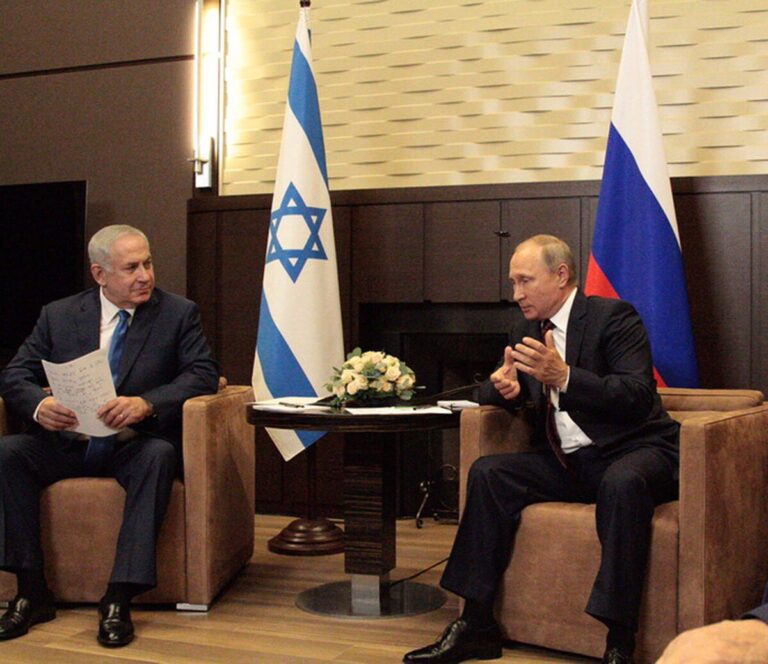Prime Minister Benjamin Netanyahu’s government is about to fall—or at least, that’s what the ultra-Orthodox parties are threatening. But Israel’s political landscape is not what it once was, and going to the ballot box may not help the Haredim. In fact, it may end up hurting them.
So, can they even afford to go to elections? I explored this in my Shabbat column for Yedioth Ahronoth, an extract of which is below.
***
Even this upcoming Yom Kippur, scheduled just around Israel’s election period, synagogues across the country will chant the familiar prayer, “I flee from You to You—and shelter from Your wrath in Your shadow.” For Shas leader Aryeh Deri and his Ashkenazi counterparts, their thoughts may not only turn heavenward but also toward Benjamin Netanyahu. After all, their decision to dissolve the Knesset leads them, at best, back into Netanyahu’s arms, returning to the same political scenario with no solution.
Israel’s ultra-Orthodox political strategists are currently split into two camps: those who believe the storm over mandatory military enlistment will pass, allowing a future centrist-left government to quietly secure exemptions through legal channels—something a right-wing coalition can’t easily manage; and those who recognize they’re facing a historic crossroads—not just about exiting this government, but about their long-term participation in future coalitions.
Eight years ago, efforts to resolve the Haredi conscription dilemma hit a wall with a landmark Supreme Court decision, inadvertently triggering the split between Avigdor Lieberman and the right, plunging Israel into prolonged political instability. Now, the entire ultra-Orthodox political establishment is facing a similar impasse.
The Haredi parties have long ceased being merely swing votes; they’re deeply embedded within the right-wing camp. Anyone expecting the ultra-Orthodox public to accept prolonged partnerships with centrist-left governments is deluding themselves. Likewise, imagining figures like Yair Lapid, Avigdor Lieberman, Naftali Bennett, or Yair Golan as the equivalents of peace-era Israeli leaders such as Yitzhak Rabin or Shimon Peres is equally misguided. Peace is not imminent, so there’s no incentive for the Haredim to compromise their religious principles.
The current opposition, loosely united by their opposition to Netanyahu and the ultra-Orthodox parties, will find it extremely challenging to deliver a lenient conscription law—even if they genuinely desire one. Moreover, Israel’s Supreme Court today is markedly different from the past, with a substantial representation from religious Zionist judges unlikely to easily endorse blanket exemptions.
The primary reason behind the rabbis’ decision to abandon the coalition is almost theological—their unwillingness to tolerate decrees against Torah scholars. “We will do our best,” said MK Yaakov Asher, “and now it’s up to G-d.” But without venturing too deep into prophecy, divine intervention is unlikely. The key advantage of being in government—significant budget allocations compensating for cuts ordered by the courts—will vanish. Instead, future austerity measures could make the Haredim nostalgic about minor taxes like those on soft drinks or disposable utensils.
Thus, choosing to dissolve the Knesset essentially means choosing opposition. Some ultra-Orthodox parties might shrink considerably. Aryeh Deri, for instance, can hardly campaign as Netanyahu’s indispensable ally after dismantling his government. Others, especially the Agudat Yisrael party, may gradually withdraw from mainstream politics altogether, as the political climate no longer accommodates their previous maneuverings.









